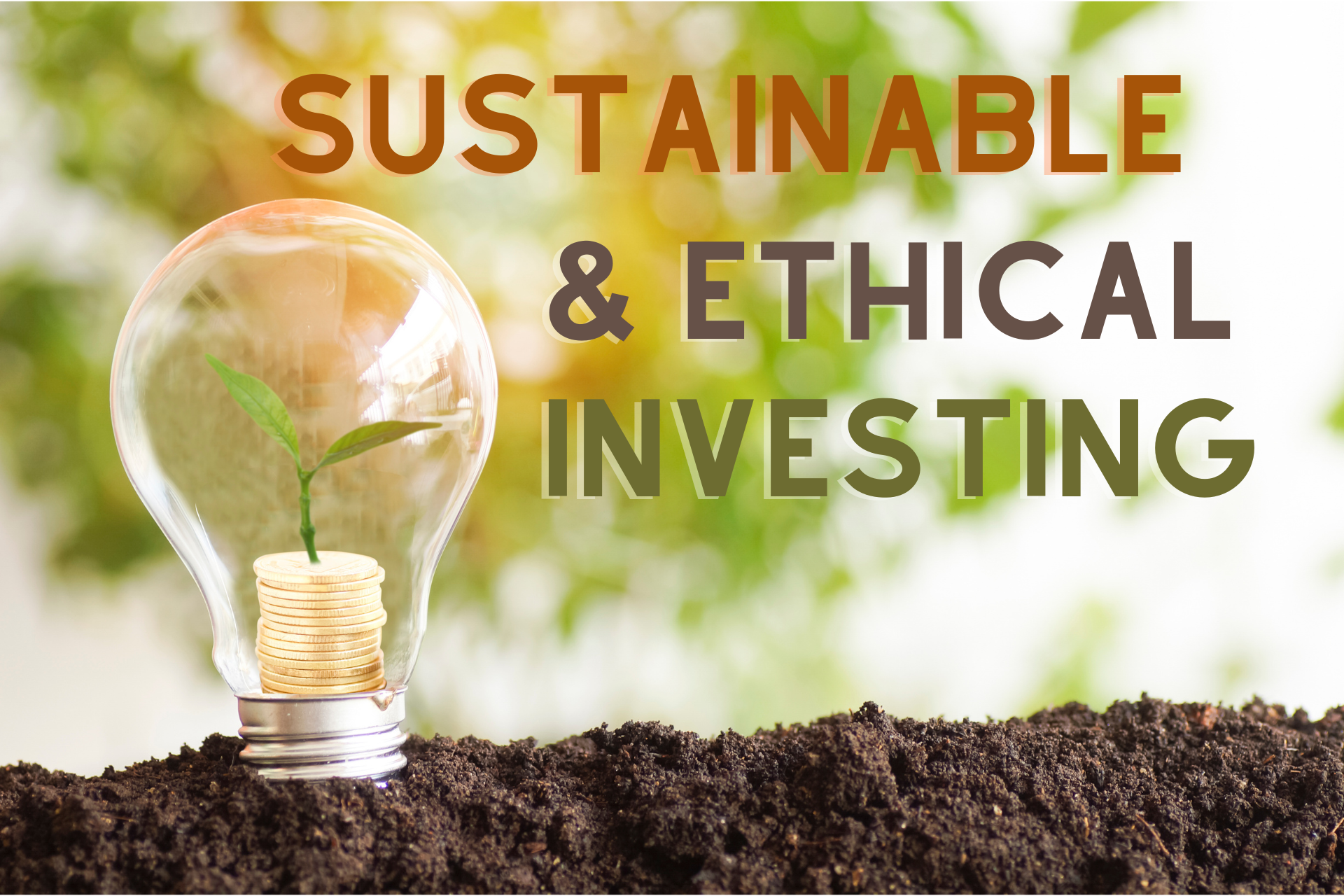When you read about money matters, you may see the phrase, “getting your financial house in order.” What exactly does that mean?
To some, when your financial “house is in order,” it means it is built on a solid foundation. It means that you have the “pillars” in place that are designed to support your long-term financial well-being.
#1: A banking relationship. Having a relationship with a bank can play a role in many financial strategies. You have many different choices when deciding on which bank is right for you. Some banks are larger and nationally-based, while others are smaller and community-based. Different banks may have unique advantages and disadvantages, so it’s important to look around and see what each one can offer you.
#2: An emergency fund. You know that label you see on fire extinguisher boxes – “break glass in case of emergency?” Only in a financial emergency should you “break into” your emergency account. What is a financial emergency? Everyone’s definition varies, but it can range from a broken water heater to major car repairs to unemployment help.
#3: A workplace retirement strategy. At some point, you may want to consider when is the right time to start saving for retirement. Workplace retirement plans can offer you a convenient way to get started, if one is available.
#4: An eye on Insurance. Like the other decisions you’ll need to make while building your financial foundation, choosing the appropriate insurance program is going to be influenced by your own individual life circumstances. For example, if you’re supporting a family, you may want to look into an insurance program that is designed to protect you in the event that something happens to you or prevents you from working for a period of time.
#5: Estate Strategy. It’s never too early to start thinking about your legacy. For some, this can mean providing some financial support to your loved ones. For others, it might mean creating a program that supports charities and organizations. Whatever your aspirations, it’s important to ensure that your assets transition smoothly in accordance with your wishes.
Original ID: 5746337





